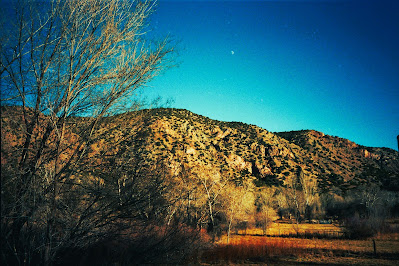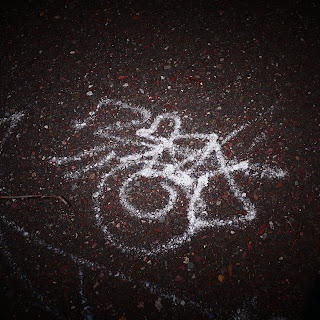Italian culture is
a timeless and ongoing revolution. Wine has been swept up in that benevolent
maelstrom. Thus, it seems like a good time to revisit our old friend, Italian Wine,
and interview them. Over several long lunches and a myriad of bottles opened,
young and old, this interview has been streamlined for today’s attention span
deficient society. However, this process has been going on for hundreds of
years. Glad for you to dip in.
Q: Ciao, and thank you for joining us.
IW: Niente, you’re most welcome.
Q: Let’s jump right in. Did you notice an inflection
point, a moment of illumination, internal/external, when your awareness changed
(when you awoke to the meaning/ direction in your process), was there an event
that changed or was there something that took place, internally, that happened?
IW: Wow, a long question with not a short answer. But
I will try and explain. As you know, we’ve been around for hundreds, if not
thousands, of years, in some form or another. But realistically, it wasn’t until
the 20th century that wine, in general, took on a more rapid
evolution. It seems to have coincided with the technological changes the world
was undergoing. But there was also a new energy coming from the earth, a novel
expression of life, that was being captured in the vines. It was as if the
earth was awakening from a long sleep. And Italy is more than blessed to be an
epicenter of the world’s energy, or so the Italians like to think. And maybe
that is so. In any case, the momentum right after World War II gave impetus to the
most rapid set of changes in Italian (and I daresay the world) wine creation. Technology,
rebuilding a world that was destroyed by war, economic investment, more rapid and
efficient forms of communication and transportation, and the desire to get back
to life and living, by the humans, gave us hope in the ground. The long sleep
was over and a new dawn was upon us. So,
I hope that begins to answer our question, although there could be a book
written about that subject.
















